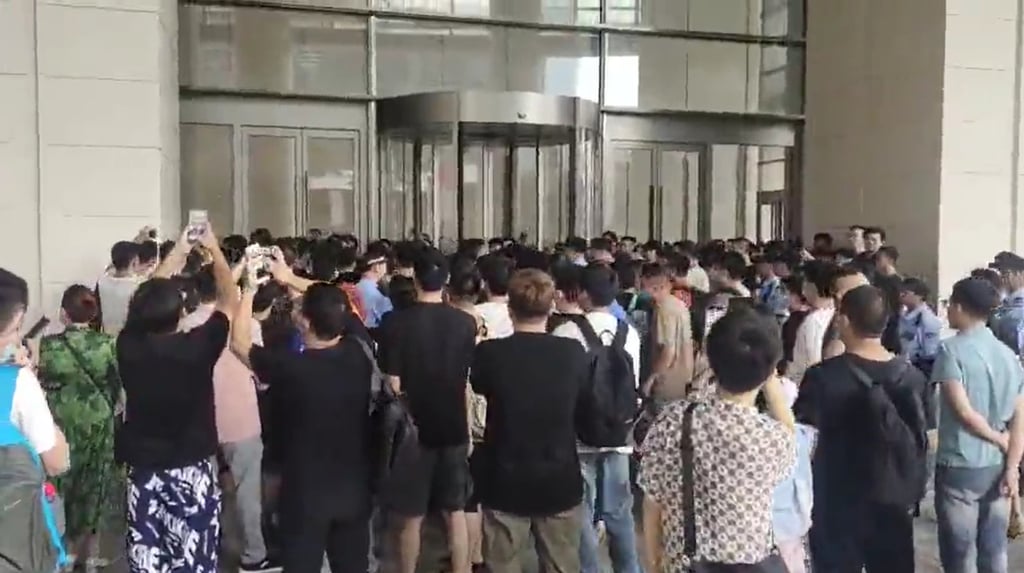Discount shopping giant Temu’s supply chain faces scrutiny as mainland sellers protest
- According to multiple merchants on Temu, the terms between the platform and its suppliers have put them at a disadvantage

Many of these merchants complained about Temu’s “opaque” system of slapping fines on sellers, while offering few channels for relief. At Temu’s discretion, the amount of fines can cost a merchant up to five times the price of a product that is subject of a complaint.

“From the company’s perspective, the most important task now is to rapidly expand the market and gain more customers, especially when substantial marketing inputs need to be justified,” said Ivy Yang, founder of Wavelet Strategy, who also writes the Substack newsletter Calling the Shots. “If prices continue to be pressed down, merchants will have to cut costs to maintain profits, leading to lower product quality, and this is a vicious cycle.”
Alibaba Group Holding, the owner of the Post, also owns AliExpress and Lazada, director competitors of Temu.